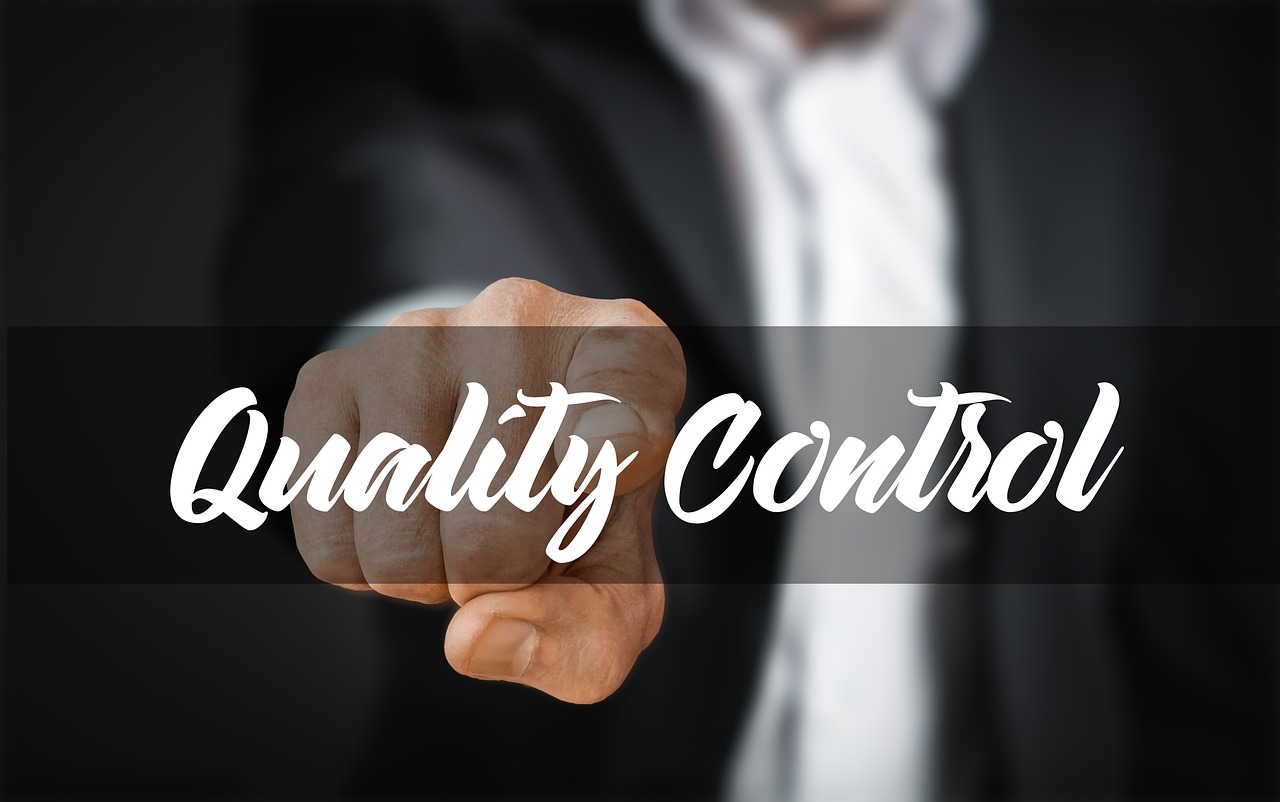Why quality and environmental certifications must be part of new staff onboarding

Your company’s quality and environmental certifications, whether ISO 9001, ISO 14001, or QCERT, are not just badges for the website. They are living systems that should guide daily work, decisions, and behavior. Yet, too many organizations make the mistake of treating certifications as background information, not frontline knowledge.
If you want your certifications to mean something, onboarding new employees and consultants properly is critical.
Why it matters
When someone new joins your company, they bring fresh skills and ideas, but also habits and assumptions from previous workplaces. If they don’t immediately understand your standards for quality and environmental care, they risk slipping into old patterns. Worse, they may unintentionally break processes, create compliance risks, or damage customer trust.
Proper onboarding that includes education about your certifications does three powerful things:
Sets expectations
It signals that quality and environmental responsibility are not optional extras but fundamental parts of the job.Builds accountability
From day one, new team members know they are responsible for following the systems, not just delivering results.Protects your certifications
Maintaining certifications depends on everyone adhering to processes. One misstep can trigger non-conformities in audits, lead to fines, or worse, loss of certification.
What happens if you skip it?
Ignoring this in onboarding might seem like a time-saver now but can cost you heavily later.
Decreased quality
Without clear guidance, mistakes multiply. Products and services slip below your standards, leading to rework, returns, and unhappy customers.Environmental harm
Improper waste handling, resource use, or emissions can damage your environmental footprint, and your reputation.Audit failures
During certification audits, evidence of poor compliance or lack of employee awareness can result in findings that risk your certificate.Higher risks and costs
Non-compliance can mean fines, penalties, and even lawsuits, especially if environmental standards are breached.Cultural damage
If new hires see that quality and environmental rules aren’t prioritized, it creates a ripple effect, soon, nobody takes them seriously.
Final thought
If you invest in quality and environmental certifications, you must also invest in making them real for every single person who joins your team. Proper onboarding turns new hires into ambassadors for your standards, and protects the reputation and results you’ve worked hard to build.
Don’t leave it to chance. Quality and sustainability start on day one.
#qualityonboarding, #sustainabilityatwork, #betterbusiness

